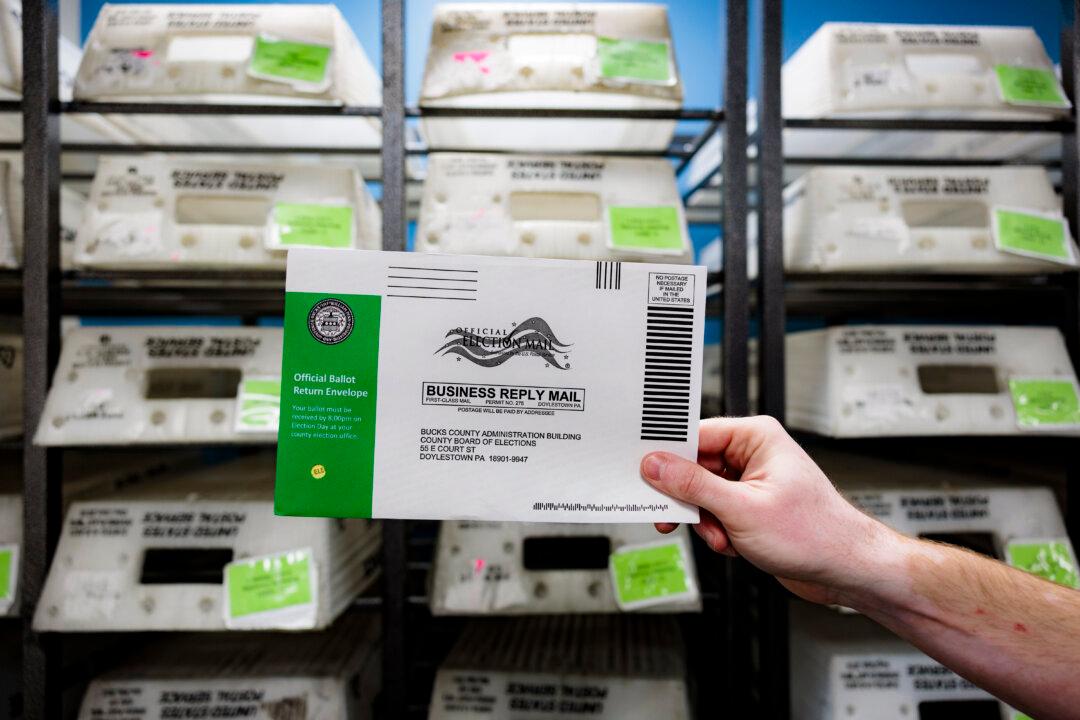The Pennsylvania Supreme Court ruled on Oct. 23 that voters whose mail-in ballots are rejected because they are delivered without the ballot being enclosed in the required secondary secrecy envelope, known as a “naked ballot,” must be allowed to vote by provisional ballot on Election Day.
The 4–3 decision upholds a ruling by a lower court, which granted voters this method of redressing a “naked” mail-in ballot in Pennsylvania, a critical swing state.





